The global shipping industry is under increasing pressure to decarbonise, but unclear regulatory guidelines, including on what type of cleaner fuel large ships should use, are complicating the path to net zero.
Global shipping companies are looking to reduce their carbon footprint, especially as the International Maritime Organization (IMO), the global shipping industry's regulator, is being pushed to impose a fee on the industry's greenhouse gas emissions.
The IMO’s Marine Environment Protection Committee has concluded its 81st meeting, with participants agreeing on a possible draft of the IMO net-zero framework. Those guidelines, which could include fuel standards and emissions pricing, are still under discussion and could be adopted or revised at the group’s next meeting this September.
Switching to cleaner-burning fuels is one path to reducing emissions, executives said at the CERAWeek energy conference in Houston the week of March 22, but many in the industry are reluctant to make the changes needed to use the new fuels — such as retrofitting engines or buying new ships — due to the lack of a long-term regulatory framework.
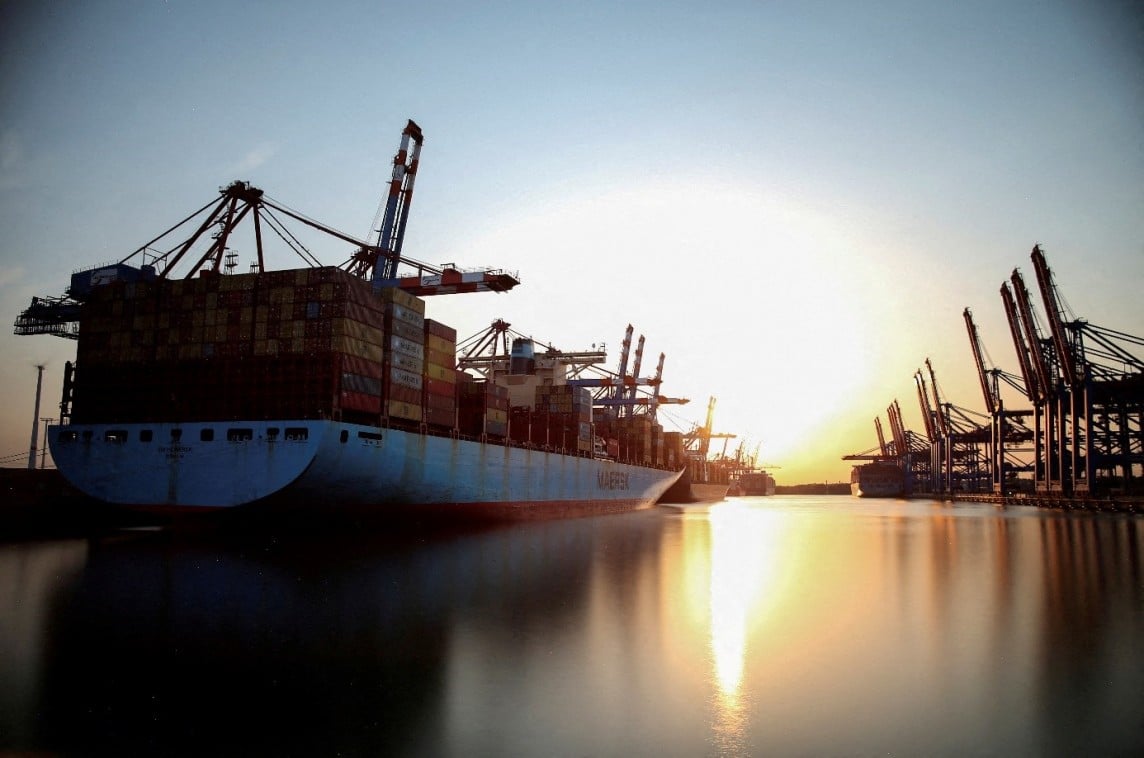 |
Shipping carries about 90% of world trade and is responsible for nearly 3% of the world’s carbon dioxide emissions. Most large ships today run on very low-sulphur fuel oil, a tar-like oil that is relatively cheap and energy-dense, meaning that relatively small amounts are needed to propel ships long distances. The lack of clarity has made shipping lines reluctant to commit to using one less carbon-emitting fuel for their fleets, be it methanol, ammonia, biodiesel or hydrogen-carrying liquefied natural gas (LNG).
Most ship engines are designed to use one type of fuel, and with an average lifespan of 25 years, companies are taking a risk by committing to a fuel that is less developed and less predictable at scale than traditional bunker fuels. Uncertainty about fuels and technology in the sector is also pushing up costs, as companies are forced to diversify their investments across multiple fuel options.
And cleaner marine fuels, such as methanol and ammonia, are also seeing demand from other sectors, such as across Asia, where countries are looking to wean power plants off coal. The question is where shipping will fall in the pecking order of fuel availability in the future.
Source


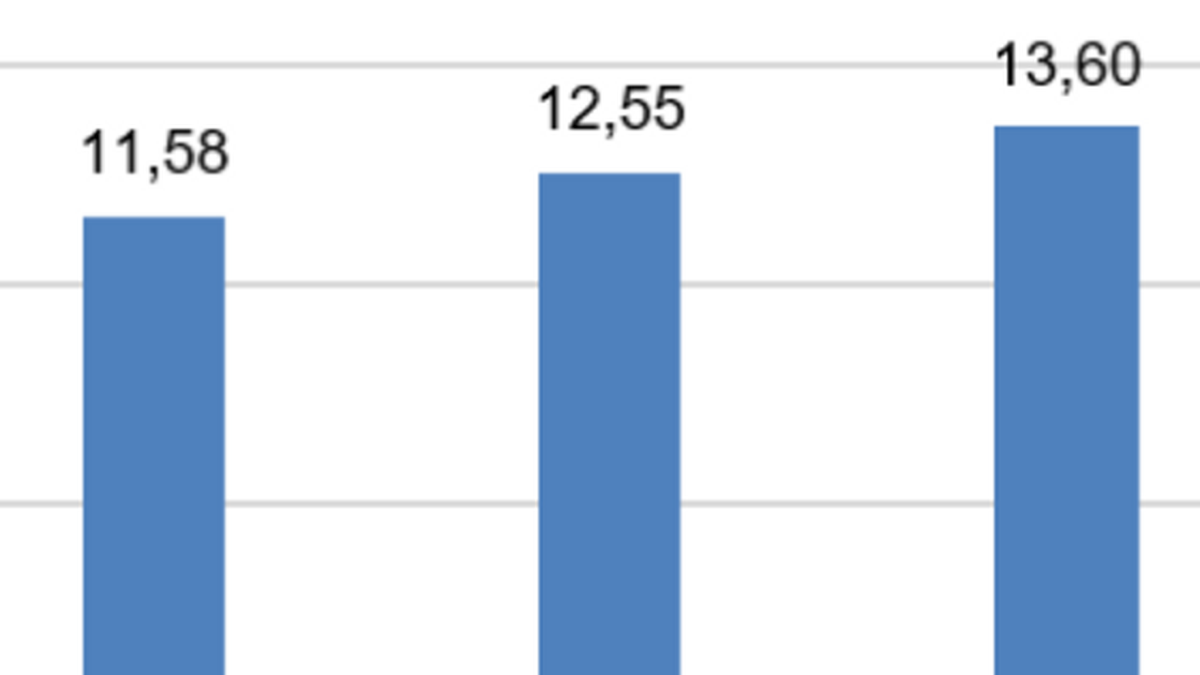




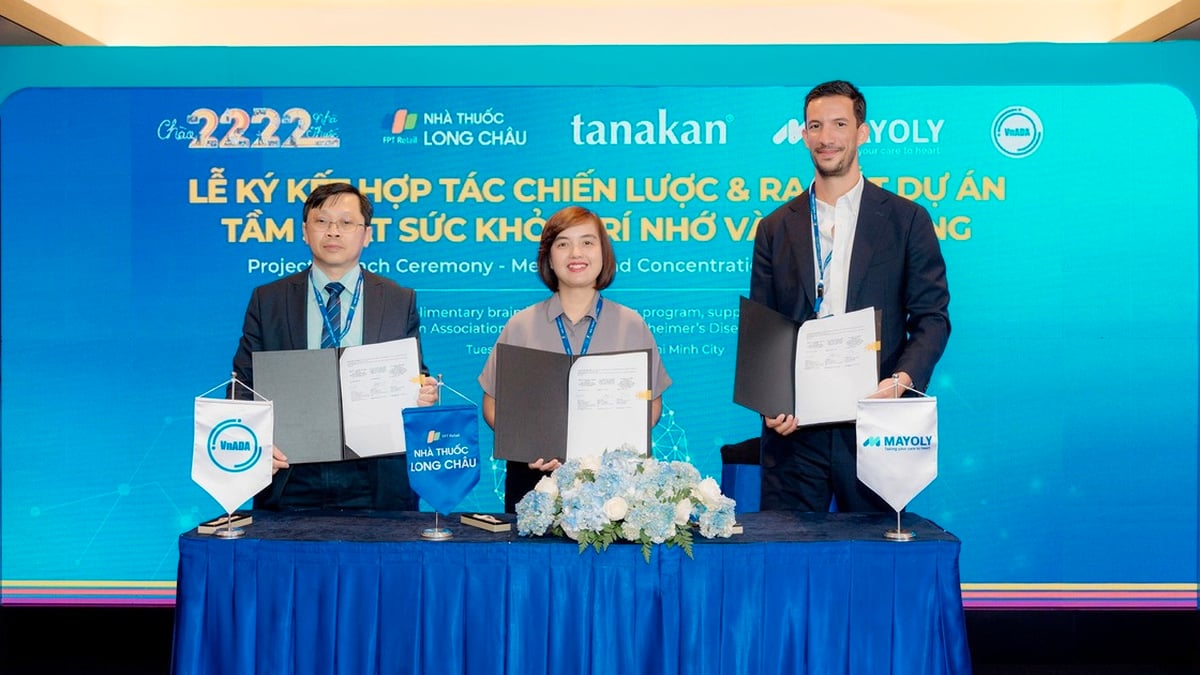


















![[Photo] Nghe An: Provincial Road 543D seriously eroded due to floods](https://vphoto.vietnam.vn/thumb/1200x675/vietnam/resource/IMAGE/2025/8/5/5759d3837c26428799f6d929fa274493)

































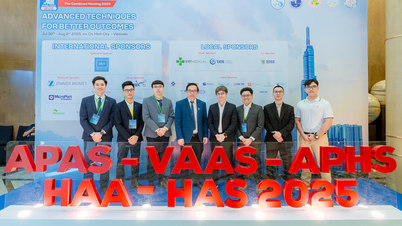














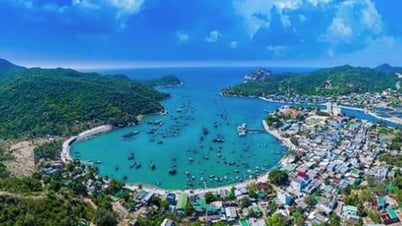






















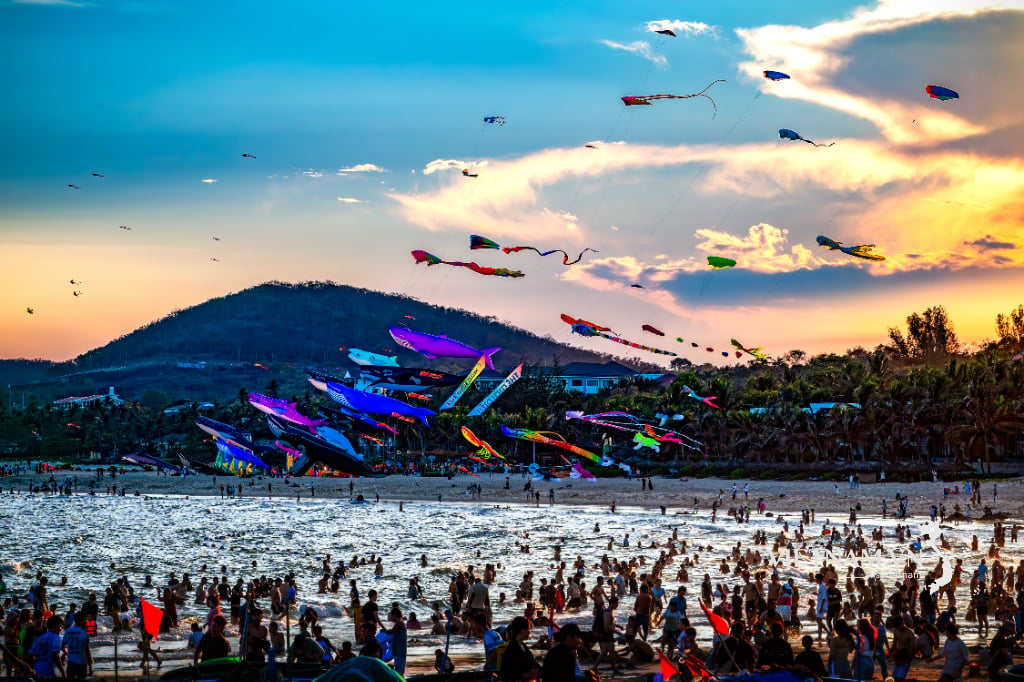
Comment (0)